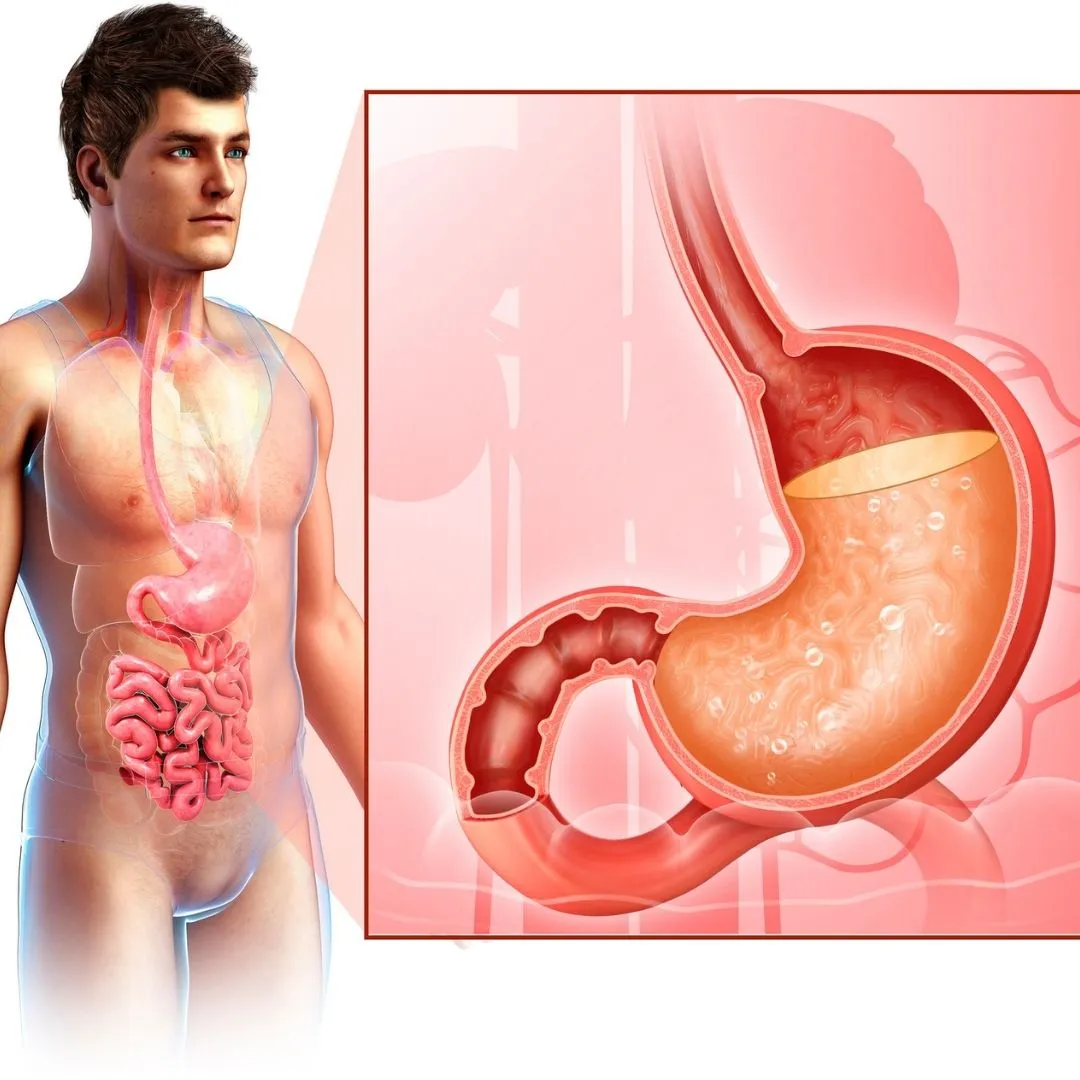FAQ
Gastric Bypass surgery promotes weight loss in two ways. Firstly, it reduces the size of the stomach, leading to a decreased food intake and calorie consumption. Secondly, it changes the placement of the intestines, reducing nutrient absorption and further contributing to weight loss.
While Gastric Bypass surgery is generally safe, like any surgical procedure, it carries some risks. These risks include infection, bleeding, complications related to anesthesia, and post-operative complications. Issues related to nutrition, such as problems with eating, and vitamin and mineral deficiencies, may also arise in the post-operative period. Therefore, maintaining regular communication with your doctor before and after the surgery is important.
After Gastric Bypass surgery, certain lifestyle changes may be necessary. These changes include modifying your eating habits, consuming smaller portion sizes, eating slowly, and chewing food thoroughly. Additionally, following your doctor's recommendations for exercise, paying attention to fluid intake, and taking vitamin and mineral supplements regularly are important. These lifestyle changes are crucial for achieving successful outcomes and sustaining weight loss after the surgery.















